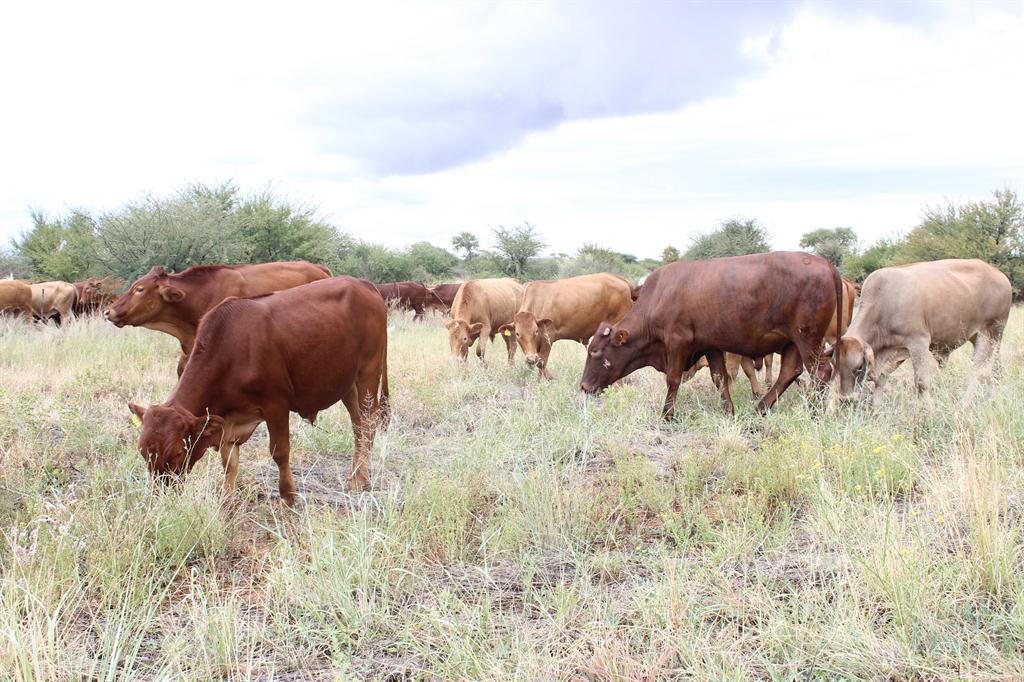Namibia declared free from bovine tuberculosis
WOAH endorses country’s self-declaration
In later stages, animals infected with bovine tuberculosis show symptoms like emaciation, lethargy, weakness, low-grade fever and pneumonia.
The World Organisation for Animal Health (WOAH) has endorsed Namibia’s status as a bovine-tuberculosis-free zone.Namibia recently submitted its self-declared status of being free of bovine tuberculosis to the organisation for scrutiny and possible endorsement through publication on its website – which is a mark of certification within the global animal health arena.
After in-depth analysis of the country’s submission, the WOAH agreed with the results and moved to endorse Namibia as being free of the infectious bovine disease.
According to the Livestock and Livestock Products Board, this is “more support of Namibia's exceptional animal health status, producing world-class livestock and livestock products”.
Last case in 1995
Bovine tuberculosis is a chronic disease caused by a bacteria called Mycobacterium bovis. In its early stages, clinical signs are not visible. However, in later stages, clinical signs may include emaciation, lethargy, weakness, anorexia, low-grade fever and pneumonia with a chronic, moist cough. The animal's lymph nodes may also be enlarged.
According to the submission, all Namibian regions south of the veterinary cordon fence comply with the requirements for a zone historically free from infection with bovine tuberculosis in cattle, in accordance with the WOAH terrestrial code and consistent with information provided in the World Animal Health Information System.
Bovine tuberculosis has been reported in Namibia since 1956.
However, “in over 25 years, there has been no occurrence of Mycobacterium bovis infection in the country, with the last case being in 1995”, it read.
Furthermore, it noted that passive and active surveillance is carried out in accordance with the WOAH terrestrial code, which ensures an early warning system is in place.
“A continuous awareness programme about the disease is implemented, where staff members - including abattoir staff as well as farmers - are trained on the recognition of bovine tuberculosis.”
It further said the disease is likely to produce identifiable clinical signs and that measures have been implemented to prevent the introduction of it into Namibia.
“All suspected cases of bovine tuberculosis are reported and are objected to field and laboratory investigations while effective measures are implemented in cases of suspected epizootic disease.”



